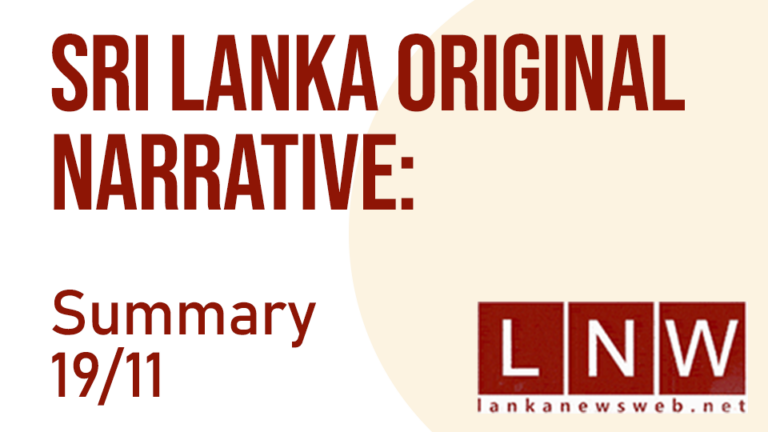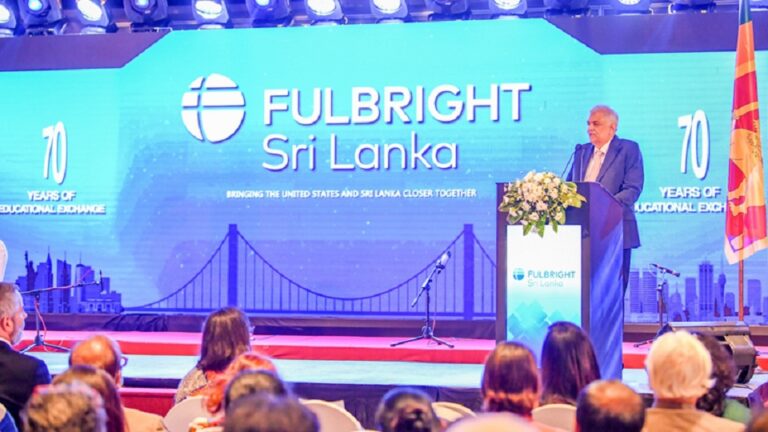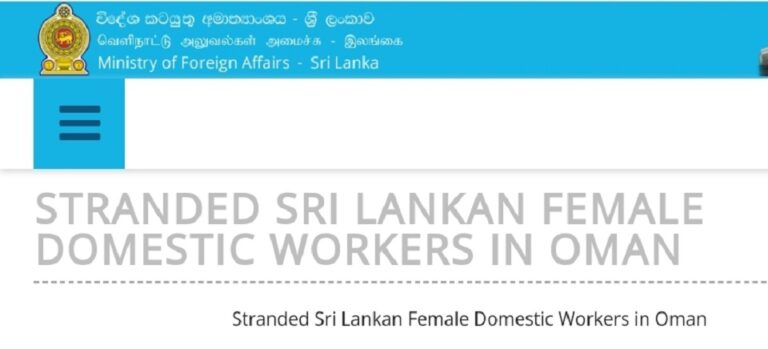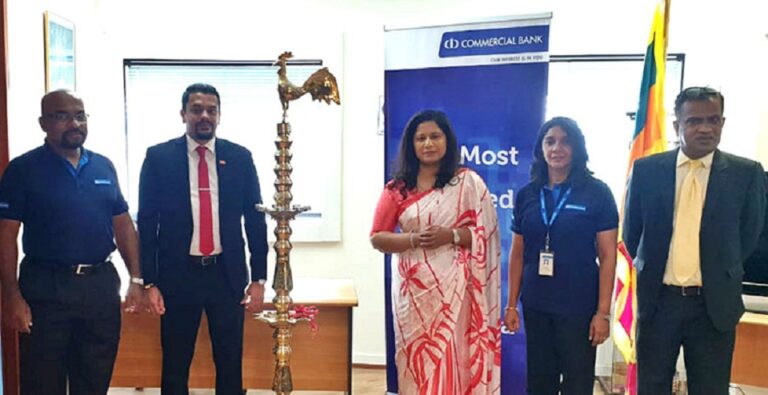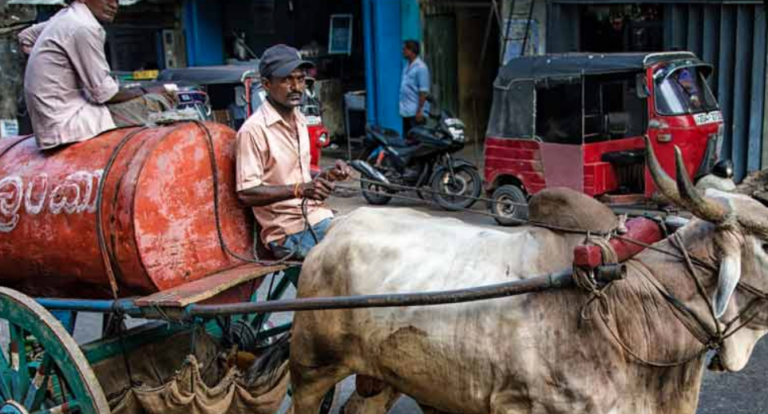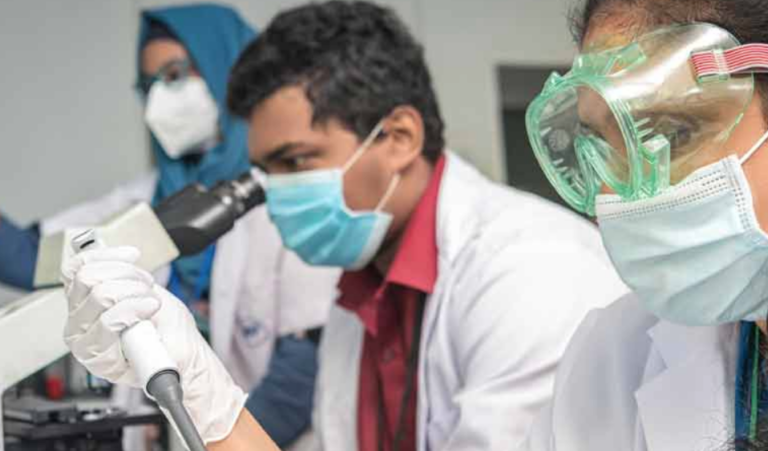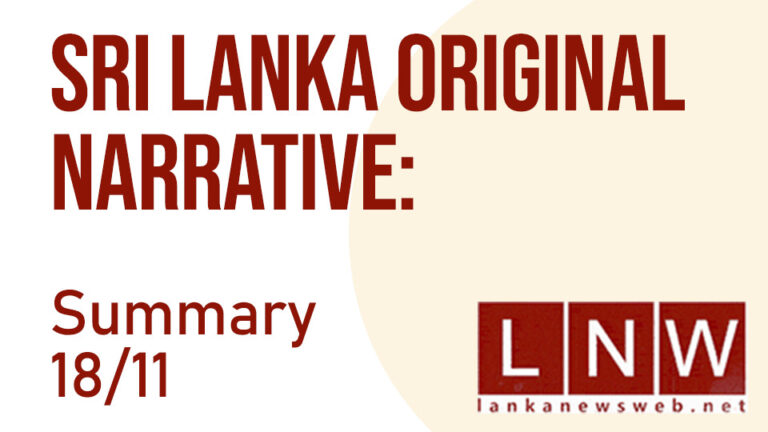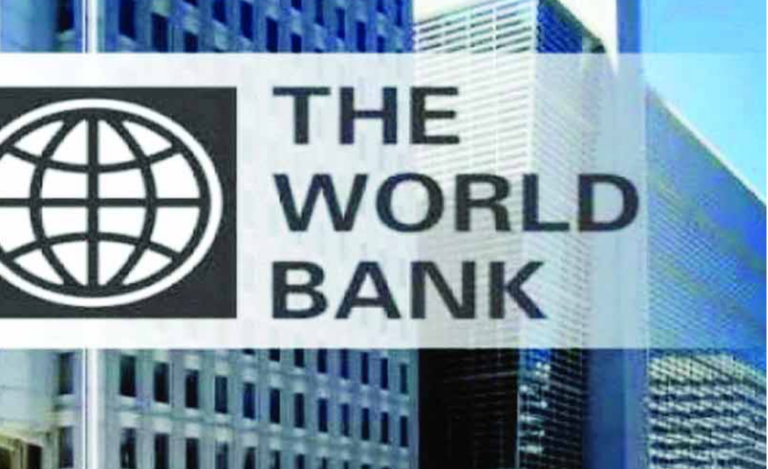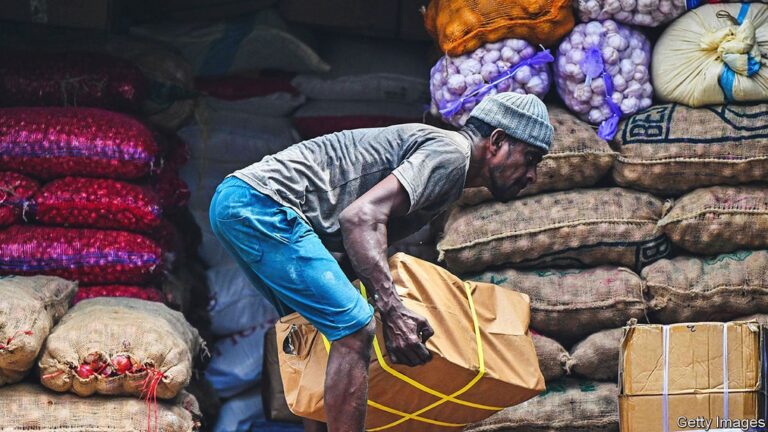- SLPP Leader and former President Mahinda Rajapaksa marks his 77th birthday amongst family and friends with religious observances: large crowds throng his hometown in Tangalle, to greet him.
- UNP General Secretary Palitha Range Bandara says the much-awaited IMF agreement may be delayed further till around mid-2023: if so, it will be over 15 months since Sri Lanka sought IMF help: previously CB Governor Dr Weerasinghe had stated IMF assistance would be forthcoming in a much shorter period.
- UNP Chairman and MP Wajira Abeywardene says Parliament hasn’t approved announcement of bankruptcy by a few officials: also says in most countries persons who did so without authority would have been jailed: calls for an immediate investigation into the matter: urges Parliament to take control of economy and not allow foreign forces to do so: asks Parliament to place cap on interest rates.
- Dissident SLPP MP Dr. Nalaka Godahewa says the Government has ignored youth in Budget 2023: also says 50% of population is under 35 years, while 25% is under 15: asserts the country can’t progress without focusing on youth needs & demands.
- Former Finance Minister and SLPP National Organizer Basil Rajapaksa due to return to Sri Lanka today: expected to reorganize the Party upon his arrival.
- Centre for Environmental Justice Chairman Ravindranath Dabare says Sri Lanka could file legal action in Singapore over the MV X-Press Pearl disaster: President Wickremesinghe has also instructed Justice Minister Wijedasa Rajapakshe to do so at the Int’l Court of Arbitration in Singapore.
- Police shoot & kill 2 alleged accomplices of notorious underworld gangster Uragaha Indika in a shoot-out at Minuwangoda: one Police officer also injured.
- Pivithiru Hela Urumaya Leader MP Udaya Gammanpila says issue of T-Bills to the Central Bank has increased by a staggering 55% under CB Governor Dr Weerasinghe compared to former Governor Cabraal: queries how “money printing” was considered inflationary at that time, but not now.
- CSE’s ASPI index closes 217 points lower at 7,818: lowest since 1st August: crashes for 5th straight session: brokers say it’s because of high taxes & fees, Government’s indecisive stance re. local debt restructuring, and incomplete information re. impending IMF deal.
- Top Cricketer Danushka Gunathilake who had been accused of sexual assault by a Australian woman introduced via a “dating website”, granted bail by a Magistrate Court in Sydney: Gunathilake due to reside in a wealthy Sri Lankan’s house during the period of his bail.
Sri Lanka Original Narrative: 19/11
Sri Lanka to set up a new agro-technology university
The government is collaborating with the Californian university system to obtain assistance to modernize agriculture in Sri Lanka and to set up a new agro-technology university, said Sri Lankan President Ranil Wickremesinghe.
He was addressing the 70th anniversary of the United States-Sri Lanka Fulbright Commission Program in Colombo on Wednesday (16).
He said that the government discussed with a group of Singaporean investors on Tuesday (15) the supply of food for island nations and Middle East countries which lack their food resources.
He said that this was only the start and he issued instructions to find the land for it and modernize agriculture. He said that Fulbright alumni such as Prof Pradeepa Bandaranaike are vital assets in modernizing agriculture.
He added that the new agro-technology university will be combined with the Tea Research Institute (TRI), among others, to work with some of the American institutions on how to upgrade research in Sri Lanka.
President Ranil Wickremesinghe also said that the government is focusing on improving English language education within the next ten years.
He added that he hoped to obtain assistance for training teachers and trainers from the US counterparts for this ambitious project. The President assured the initiation of this project and said Sri Lanka will depend on the Fulbright scholarships and assistance to bring down counterparts from America.
President Wickremesinghe said that the foundation for the friendly relations between the two countries is the educational exchange program, especially the binational Fulbright exchange program between Sri Lanka and the United States.
“We have had about 3000 scholars from Sri Lanka and America who typified the exchange of knowledge and professional development that has benefitted both nations. And they have made a big impression on Sri Lanka. They have enriched our society and made our culture so much more vibrant.”
He said the two countries were celebrating 70 years of formal education exchanges in Sri Lanka. He added that the exchange goes back much further.
The first exchange was when the American missionaries came to Jaffna and the imprint is still there. The second was when Colonel Henry Olcott came to Sri Lanka.
That’s another imprint both in Sri Lanka and to a lesser extent in the USA. The next in the 20th century was when President Woodrow Wilson, declared the 14 points which also guaranteed independence to the colonial states, he said.
90 Sri Lankan house maids became victims of human trafficking in Oman
In the wake of over 90 Sri Lankan women smuggled to Oman by several employment agencies, the officer attached to the Sri Lankan Embassy in Oman who was alleged to have committed human trafficking in Oman has been interdicted and will be brought to Sri Lanka for investigations, official source said
It was revealed very recently that a large number of Sri Lankan women had left for Oman to find jobs with tourist visa and many of them have become victims of human trafficking.
They have been detained and used for prostitution, it was reported. Some of the women had entered Oman by crossing the borders from Dubai and Abu Dhabi.
12 Sri Lankan women had entered Oman via these borders recently. The Criminal Investigation Department (CID) probing the case have identified that several foreign employment agencies operating in Colombo also have supported this human trafficking.
At least 90 Sri Lankan female domestic workers who had come to Oman under visit or tourist visas are stranded in there seeking repatriation assistance, the Sri Lankan Embassy in Muscat said.
The Embassy said it keeps receiving numerous complaints on daily basis from Sri Lankan domestic aides who had already reached Oman.
Most of them have reached Muscat under visit or tourist visas intending to convert them to work visas. Many of them were trafficked by unscrupulous and unregistered agents and have faced tremendous difficulties including various types of harassments, the Embassy said in a communique.
Around 90 Sri Lankan female domestic workers are currently stranded in Oman as they could not afford the expenses relating to their existence or repatriation such as visa, overstay penalty, air ticket, agency fee and the cost of recruitment as demanded by their respective sponsors.
The Embassy said the Sri Lankan victims were sheltered at the safehouse for which the expenses are borne by the Sri Lanka Bureau of Foreign Employment (SLBFE). The Embassy provides welfare facilities to these female workers which includes medical assistance.
The Embassy has been continuously coordinating with the Omani authorities to facilitate early repatriation of these stranded migrant workers.
The Embassy has facilitated repatriation of over 240 female workers during this year and the Embassy said it has also sought the assistance of the International Organization for Migration (IOM) to assist such victims.
The Embassy encourages Sri Lankans who seek jobs in Oman to obtain their employment only through genuine channels.
In the wake of over 90 Sri Lankan women smuggled to Oman by several employment agencies, the officer attached to the Sri Lankan Embassy in Oman who was alleged to have committed human trafficking in Oman has been interdicted and will be brought to Sri Lanka for investigations, official source said
It was revealed very recently that a large number of Sri Lankan women had left for Oman to find jobs with tourist visa and many of them have become victims of human trafficking.
They have been detained and used for prostitution, it was reported. Some of the women had entered Oman by crossing the borders from Dubai and Abu Dhabi.
12 Sri Lankan women had entered Oman via these borders recently. The Criminal Investigation Department (CID) probing the case have identified that several foreign employment agencies operating in Colombo also have supported this human trafficking.
At least 90 Sri Lankan female domestic workers who had come to Oman under visit or tourist visas are stranded in there seeking repatriation assistance, the Sri Lankan Embassy in Muscat said.
The Embassy said it keeps receiving numerous complaints on daily basis from Sri Lankan domestic aides who had already reached Oman.
Most of them have reached Muscat under visit or tourist visas intending to convert them to work visas. Many of them were trafficked by unscrupulous and unregistered agents and have faced tremendous difficulties including various types of harassments, the Embassy said in a communique.
Around 90 Sri Lankan female domestic workers are currently stranded in Oman as they could not afford the expenses relating to their existence or repatriation such as visa, overstay penalty, air ticket, agency fee and the cost of recruitment as demanded by their respective sponsors.
The Embassy said the Sri Lankan victims were sheltered at the safehouse for which the expenses are borne by the Sri Lanka Bureau of Foreign Employment (SLBFE). The Embassy provides welfare facilities to these female workers which includes medical assistance.
The Embassy has been continuously coordinating with the Omani authorities to facilitate early repatriation of these stranded migrant workers.
The Embassy has facilitated repatriation of over 240 female workers during this year and the Embassy said it has also sought the assistance of the International Organization for Migration (IOM) to assist such victims.
The Embassy encourages Sri Lankans who seek jobs in Oman to obtain their employment only through genuine channels.
ComBank engrosses with Sri Lankans in Singapore to promote business
The Commercial Bank of Ceylon’s continuing effort to stimulate remittances from Sri Lankans living and working overseas recently focused on Singapore, which has a significant Sri Lankan migrant population.
The Bank engaged with Sri Lankan expatriates living in the city state at a two-day programme conducted in collaboration with the Sri Lankan High Commission in Singapore.
Attendees were made aware of the formal remittance channels available to them and the personal and national benefits of transacting through these, and also received special remittance rates and gifts.
The Bank said it conducted this programme to support Sri Lankans residing in Singapore by presenting special remittance offers and information on banking products and services, including ComBank Digital.
The Bank also promoted remittance services such as Ria Money Transfer, one of the Bank’s main remittance partners, and Lucy, the exclusive mobile banking app for women in Singapore.
Over the two days of the programme the Bank signed up over 100 Sri Lankans for new accounts and offered its digital banking services with a waiver on the joining fee and first-year annual fee.
Speaking at the event, Sri Lanka’s High Commissioner in Singapore Shashikala Premawardena said this initiative is just a beginning and that more could be done for Sri Lankans in Singapore whose hard earned earnings contribute to Sri Lanka’s economy.
With encouragement from the Bank, some of the participants initiated remittances via the Lucy application and visited the Ria Money Transfer outlet in the locality to transfer US dollars to their personal foreign currency accounts.
Officials from both service providers were present at the venue and remitters were able to instantly view their updated account balances via ComBank Digital. To sweeten the customer experience, Ria offered special foreign exchange rates to the participants of the programme, while the Lucy app provided S$ 5 cashback rewards and gifts to everyone that downloaded the app on the spot.
Furthermore, visitors were provided the opportunity and information necessary to select the most suitable investment plans and bank accounts, including Rupee and Foreign Currency Accounts, Fixed Deposit Accounts, and Special Deposit Accounts. Additionally, new Foreign Currency Account holders were furnished with free Debit Cards, the Bank said.
“As one of the most trusted banks in Sri Lanka, Commercial Bank has to play a lead role in encouraging Sri Lankans to step up their remittances to Sri Lanka,” the Bank’s Head of Retail Products and Digital Channels & Remittances r Pradeep Banduwansa commented.
During their visit, representatives of the Bank also negotiated beneficial partnerships with remittance and fintech companies in Singapore to facilitate easy and quick money transfer facilities for Sri Lankans in Singapore.
To attract investments from foreign sources, the Bank recently launched ‘Forex Plus,’ a special Foreign Currency Fixed Deposit scheme that offers interest rates of up to 9.5% per annum for tenures of up to five years on term deposits in four international currency denominations.
Joint Apparel Association collaborates with IFC to make Respectful Workplaces
The International Finance Corporation’s (IFC) has stepped in to assist Sri Lanka private sector to create safe and resilient workplaces by demonstrating the business case for action and providing businesses with advisory services, resources and tools to help address germane issues.
It will implement Respectful Workplaces Programme in Sri Lanka to enhance business value by addressing gender-based violence and harassment including customer and client aggression, workplace bullying and sexual harassment, domestic and sexual violence, and sexual exploitation and abuse connected to the workplace.
The Joint Apparel Association Forum (JAAF) has collaborated with the IFC to provide training for JAAF member organizations on policies and frameworks required to help create peaceful and respectful workplaces.
This training will provide tools to effectively and adequately address bullying and harassment in the workplace. The training sessions will be followed by a monitoring and evaluation programme to ensure the effectiveness and impact of the tool kit and training provided.
As the first step of the efforts to ensure and solidify respect at the workplace, JAAF hosted a webinar on November 8th on, ‘Building Respectful Workplaces’ conducted by IFC’s Women in Work Program Manager Sarah Twigg and Consultant Gender and Economic Inclusion Gayani Ranasinghe.
Introducing the IFC Respectful Workplaces Focal Point Training for the apparel industry, Twigg highlighted the unseen costs Sri Lankan businesses bear due to workplace harassment.
“This amounts to more than USD 1.7 million in the nine companies surveyed for the IFC study,” she deduced.
Following the findings of the study, Ranasinghe elaborated that the IFC has looked at existing policies within companies that address allegations of harassment, misconduct and investigation procedures and identified gaps to develop an ethical and fair reporting and complaint resolution procedure for companies to follow.
JAAF in collaboration with IFC has scheduled the conduct of training pogrammes in the coming months to enhance awareness of the topic in the industry.
The apparel industry is committed to uplifting the working conditions for its employees given that it is one of the largest employers in the country, providing livelihoods for nearly one million people both directly and indirectly across 350 manufacturing plants island-wide.
Industrialists in a dire situation due to shortage of kerosene
Lakshman Kiriella, the chief organizer of the opposition, says that there is no kerosene to be found anywhere in the Kandy district.
He said today (18) in Parliament that kerosene is essential for industries including the production of minor export crops and it is impossible to buy kerosene from the black market.
Accordingly, he emphasized that the government should pay attention to this matter and provide a solution immediately.
Blood tests halted in multiple hospitals!
It is reported that many hospitals, including Colombo National Hospital, Ridgeway Arya Children’s Hospital, Castle Street Women’s Hospital, have halted blood-test proceedings.
It is said that the tests have been stopped due to the non-availability of chemicals required for blood tests.
Accordingly, it was reported that the patients had to get the tests done in private laboratories and due to this, the patients were in great difficulty.
SRI LANKA ORIGINAL NARRATIVE SUMMARY: 18/11
- State Finance Minister Shehan Semasinghe says no decision taken yet to restructure domestic debt: claims negotiations with external bilateral and commercial creditors is still going on: also says a working team of the China Development Bank have met him on debt related issues: markets not convinced.
- SLPP dissident MP Professor Charitha Herath says Budget 2023 contains proposals to place state lands under the purview of District and Divisional Secretaries on the pretext of promoting cultivation: warns it would enable cronies of the ruling party to grab government lands.
- SJB MP Eran Wickramaratne says Budget 2023 is fraught with lofty ideas without practical solutions: claims it has made Parliament and people of the country to “walk in a dream among the stars”: warns the country would be destroyed, when they wake up.
- SLFP General Secretary Dayasiri Jayasekara says the Budget 2023 is no different to what the people in Sri Lanka have heard over the last couple of decades: laments there is no relief at all to the people or to the economy.
- SJB MP Mujibur Rahman says the Rupee has been “fixed” for the past many months under CB Governor Dr. Weerasinghe: asserts the policy followed is identical to that followed by previous CB Governors: prior to becoming Governor, Dr Weerasinghe has strongly proposed “more flexibility in managing the exchange rate”.
- SJB MP Patali Champika Ranawaka says his Parliamentary Sub Committee has determined that 12% of Samurdhi beneficiaries are the ones who are among the richest 20% of the population.
- CB Governor Dr. Weerasinghe states customers “inconvenienced” due to increase in interest rates on loans: asks them to obtain relief by negotiating with the banks.
- Civil Appellate High Court of Mount Lavinia orders National Sports Council Chairman Arjuna Ranatunga to pay compensation of Rs.25 mn to former President of the Cricket Board Thilanga Sumathipala, in relation to a defamation case filed by Sumathipala.
- Attorney at Law Ruchira Gunasekera elected as the first woman President of the Organisation of Professional Associations: she was previously the first woman General Secretary of the OPA in 2019.
- Finance Ministry Tax Policy Advisor Thanuja Perera says there are just over 300,000 tax payers in Sri Lanka (1.33% of the population): wants the tax net to be widened further.
A discussion with WB representatives on Sri Lanka’s future development plans
A discussion with the representatives of the World Bank on the future development plans and policies of Sri Lanka was chaired by Sagala Ratnayake, Senior Adviser to the President on National Security and Chief of Staff to the President, and Minister of State for Finance Shehan Semasinghe and Minister of State for Investment Promotion Dilum Amunugama was held at the Ministry of Finance yesterday (17).
In this discussion held with the delegation including Faris Hadad-Zervos, World Bank Director for Sri Lanka, the country’s future development plans and policies were discussed at length.
Improving public financial supervision and debt management, improving tax administration policy, reducing sovereign financial sector involvement and systemic risks, improving energy sector performance and reducing carbon emissions, reducing policy uncertainty and increasing the competitiveness of the economy, Restructuring of public enterprises, implementing private capital and thereby creating competition in the broadband market, strengthening social security institutions and targeting distribution systems were also discussed and related proposals were also presented.
President’s Secretary Saman Ekanayake, President’s Senior Economic Adviser Dr. RHS Samaratunga, Finance Ministry Secretary Mahinda Siriwardena, Central Bank Governor Dr. Nandalal Weerasinghe and government officials of line institutions attended the event.
After that, the delegation including Faris Hadad-Zervos, Director of the World Bank for Sri Lanka, met with President Ranil Wickremesinghe and briefed the President on these matters.
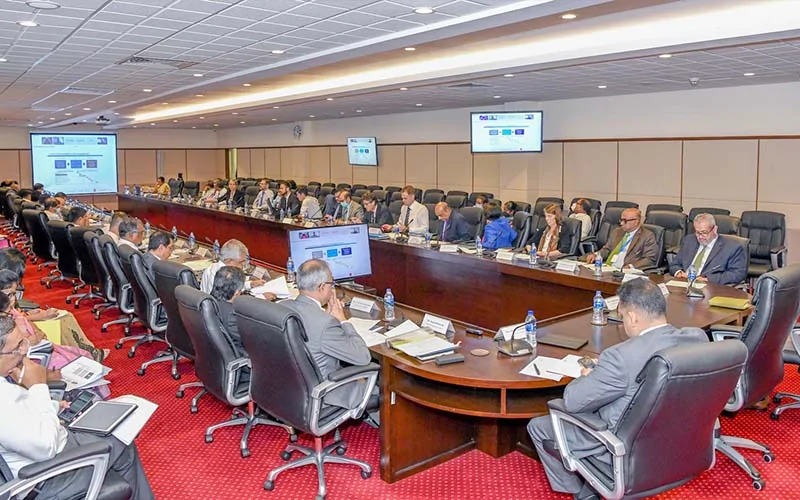
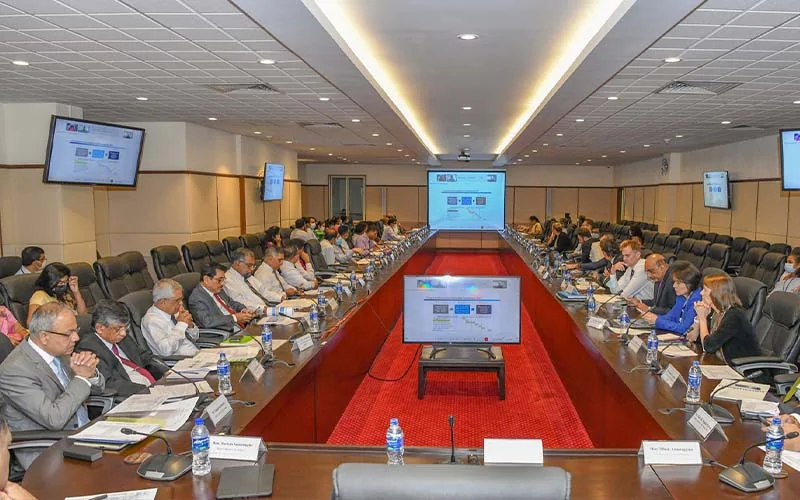
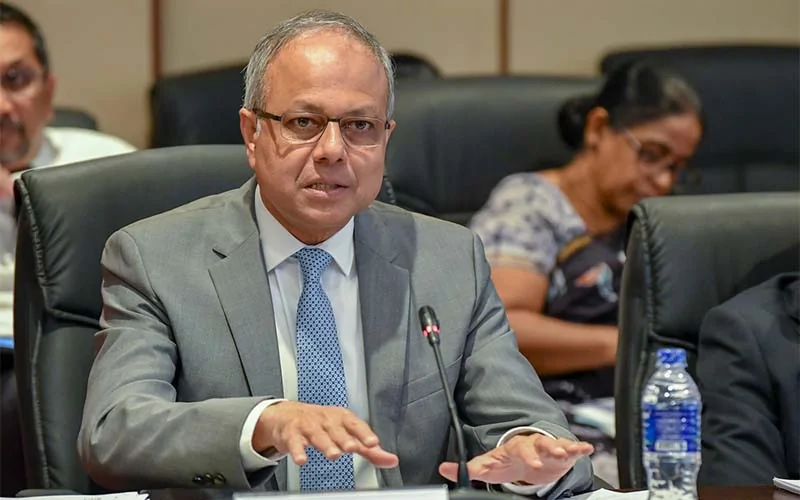
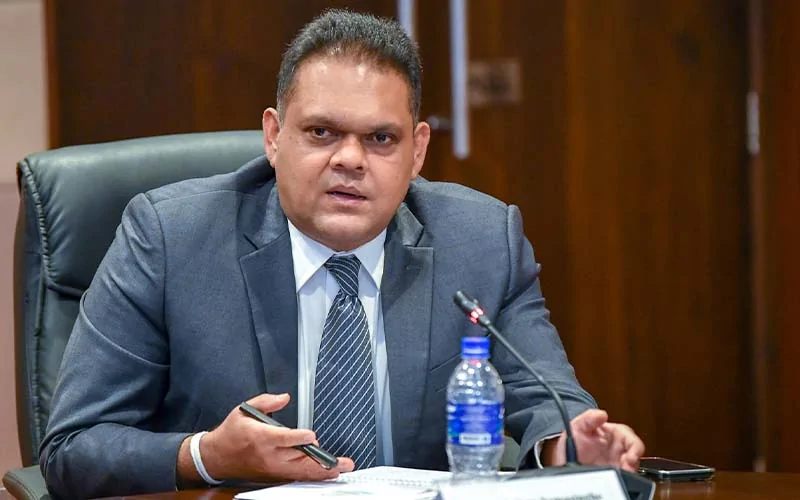
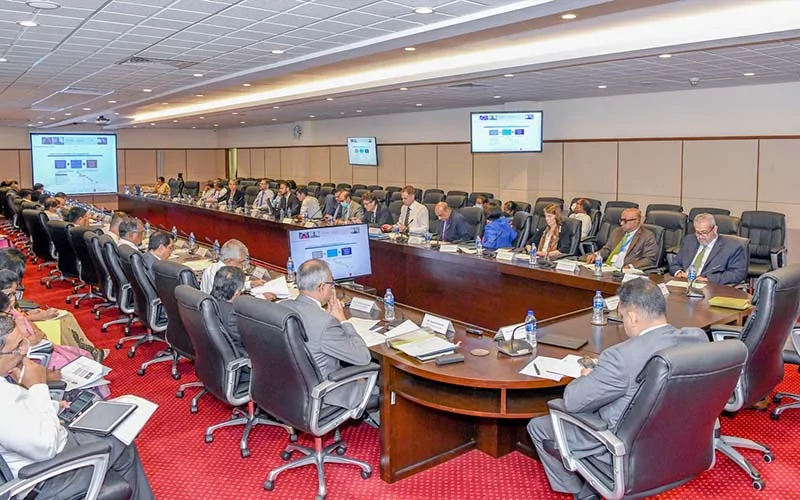
Sri Lanka’s president pushes economic stability over political reform
Addressing parliament on November 14th on the subject of next year’s budget, Ranil Wickremesinghe strived to offer an uplifting vision for his crisis-ridden country. “Let us create a new economy tailored to the expectations of the youth,” said Sri Lanka’s president and finance minister. Attempting this, he pointedly added, need not involve the “traditional protests, struggles and strikes”.
Mr Wickremesinghe has been treading a fine line since he became president in July. The protesters who hounded his predecessor, Gotabaya Rajapaksa, from office and from the country demanded deep reforms, including a clear-out of the political elite and a reduction in the powers of the presidency. Mr Wickremesinghe, a six-time former prime minister, has largely ignored them. Although he is working hard to restore economic stability, he has chosen to work with Mr Rajapaksa’s supporters, paid little heed to the protesters’ demand for political reform and, when some bitterly objected, persecuted them.
On the surface, his focus on economic stability is paying off. Colombo has returned to a sort of normal. The fuel queues that were a symbol of Sri Lanka’s failing economy are now uncommon; power cuts are shorter. A suspension of foreign-debt repayments and a steep fall in imports over the past few months have freed up foreign exchange for fuel purchases. A new rationing system has reduced demand and the import of discounted Russian oil (which European countries and America shun) has improved supply. Last month Sri Lanka’s parliament passed a law ending the government’s control of fuel imports. That should allow private companies to bring in additional fuel supplies in short order.
But this is delicate progress. Inflation, at 66% in October, has left millions of people unable to afford enough food. A bail-out from the International Monetary Fund that would allow Sri Lanka to resume servicing its debts and restore regular access to international credit markets appears to be months away. Still, the progress made on power cuts and fuel shortages has at least mollified middle-class city-dwellers—an important component of the street protests that did for Mr Rajapaksa. This has created space for Mr Wickremesinghe, whose cabinet is mostly composed of former Rajapaksa loyalists, to quietly shelve the reform agenda.
The political alliance led by the disgraced former president’s party will probably have a parliamentary majority at least until February. At that point Mr Wickremesinghe could dissolve parliament and call fresh elections, another popular demand of pro-reform activists. But he has given no indication that he will do so. Instead, he has used anti-terror laws to arrest and intimidate the most persistent activist leaders. Human-rights groups complain of a shrinking space for dissent. A promised constitutional amendment to limit the overweening powers of the presidency passed parliament in such a watered-down form that one opposition lawmaker claimed it amounted to “fraud”.
Mr Rajapaksa, whom the protesters want to be prosecuted for his contribution to ruining the economy, has returned to Sri Lanka and is living in a heavily guarded residence in Colombo at public expense. His almost equally reviled brother and former prime minister, Mahinda, and Mahinda’s son Namal are meanwhile back on the trail in the country’s south, rallying their Sinhala Buddhist supporters. Namal Rajapaksa has been put in charge of a parliamentary committee that is developing policy recommendations on everything from health care to fisheries.
Having seemingly gambled all on his economic management, Mr Wickremesinghe had better hope it comes good. And it may not. The imf bail-out has been delayed by Sri Lanka’s struggle to come to a debt-restructuring agreement with its bilateral creditors, including China and India. Liberalisation, particularly of vast state enterprises, is progressing slowly if at all. So long as inflation remains devastatingly high and Mr Wickremesinghe is unable to point to more convincing signs of a turnaround, he has reason to fear that the streets around his office will throng with angry citizens once again
THE ECONOMIST

